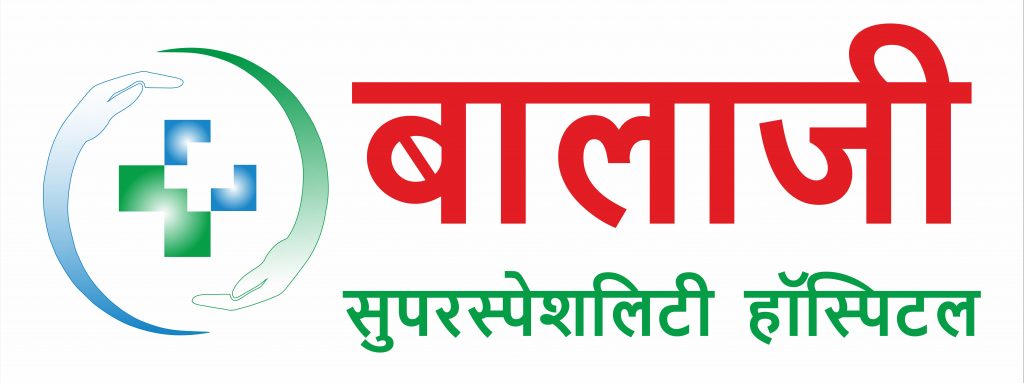Understanding Epilepsy Symptoms | Insights from Dr. Abhinav Gupta [Dec. 2023]
Epilepsy is a neurological disorder characterized by recurrent seizures, which are sudden bursts of electrical activity in the brain that temporarily affect how it works. Symptoms can differ greatly among individuals, primarily based on the type of seizures and the specific brain regions involved. Dr. Abhinav Gupta sheds light on some prevalent symptoms of epilepsy:
Common Symptoms of Epilepsy
- Seizures: The primary indicator of epilepsy, seizures can manifest in diverse forms:
- Generalized Seizures: Impacting both sides of the brain, these seizures might cause unconsciousness.
- They include:
- Tonic-Clonic Seizures: Intense episodes featuring muscle rigidity and shaking.
- Focal Seizures: Starting from a specific brain area, these seizures vary in consciousness impact:
- Focal Aware Seizures: Consciousness remains intact, but strange feelings or sensations occur.
- Focal Impaired Awareness Seizures: Consciousness is altered, causing confusion or a trance-like state.
- Focal Seizures: Starting from a specific brain area, these seizures vary in consciousness impact:
- Absence Seizures: Brief lapses in awareness, often mistaken for daydreaming.
- Myoclonic Seizures: Sudden, brief jerks of muscles.
- Atonic Seizures: A sudden loss of muscle strength.
- Cognitive Changes: Seizures might lead to temporary confusion, memory lapses, or even a feeling of being detached from reality.
- Emotional Fluctuations: Some seizures provoke unexplained feelings of fear, elation, or anxiety.
- Physical Symptoms: Involuntary jerking movements, often in the limbs, and unusual sensations like tingling or numbness are common.
- Behavioral Alterations: Repetitive movements or changes in behavior, such as fumbling motions, may signal a seizure.
FAQs About Epilepsy Symptoms:
Q: Can you have epilepsy without having seizures?
A: No, epilepsy is diagnosed based on the presence of recurrent seizures.
Q: Are all seizures noticeable?
A: No, some seizures, like absence seizures, can be very subtle and might go unnoticed.
Q: Can seizures be prevented?
A: While not all seizures can be prevented, proper treatment and avoiding known triggers can significantly reduce their frequency.
Q: Do seizures cause permanent damage?
A: Prolonged seizures, known as status epilepticus, can cause permanent damage. However, short, isolated seizures are less likely to have long-term effects.
Conclusion:
It’s crucial to understand that not every seizure is a sign of epilepsy. Other medical conditions, certain drugs, or withdrawal from substances can provoke seizures. Anyone experiencing new or recurring seizures should consult a healthcare professional. Epilepsy management often involves medication, lifestyle changes, and sometimes surgery. With proper care, individuals with epilepsy can lead full, active lives.
For a more comprehensive understanding, or if you suspect you or a loved one may be exhibiting signs of epilepsy, it’s essential to consult with a healthcare provider for a thorough evaluation and personalized care plan.

